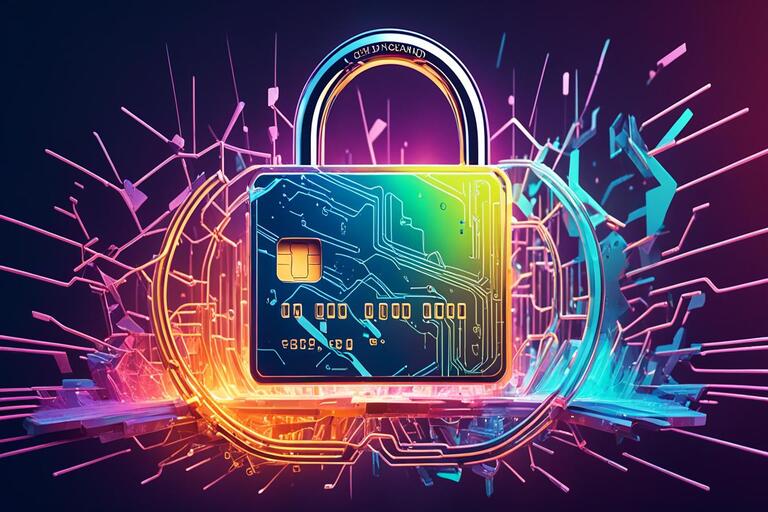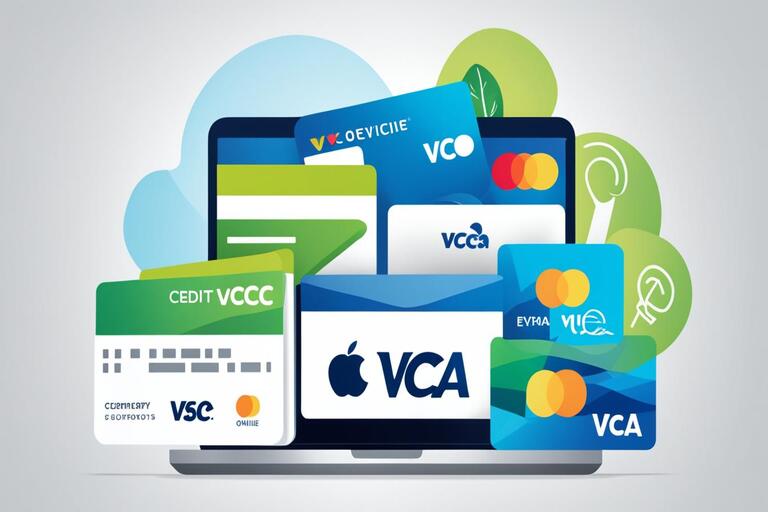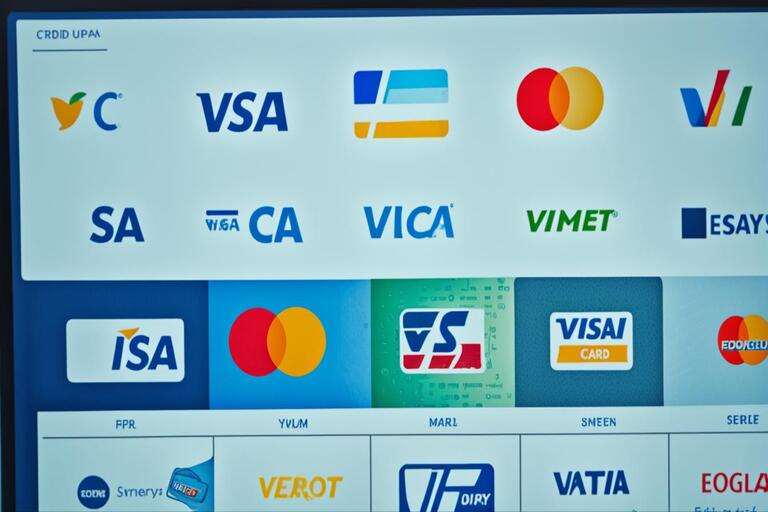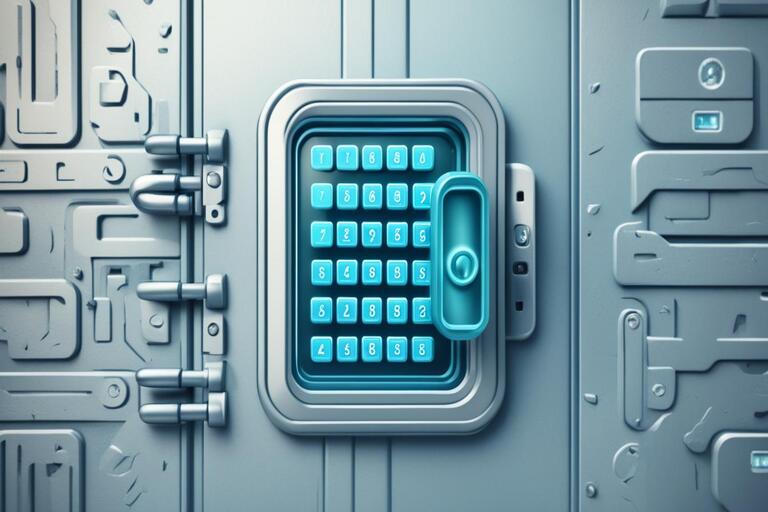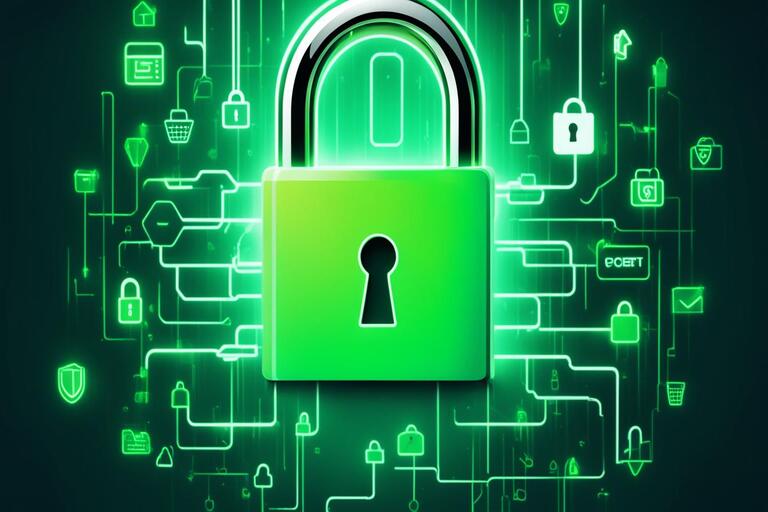
Boosting Your Defense with one of a kind CVV Store Buying Ideas
It is important that your credit card payments should be safe in this digital era. No matter if you sell online, in a store or offer services. How credit cards are processed is critical. You can do things like deliver better customer experience while keeping their data safe from fraud in Fe cc shop.
Whether anyone operates a enterprise associated with on line gambling or maybe any other type of business the fact that accepts credit score card payments, there's something to take into account protecting illegal costs chargeback’s. Biggest threats hacks, scams and somebody not meeting PCI standard. Fe shop ru to overcome this, choose secure and dependable payment solutions doing business this way leaves nothing to chance.
Key Takeaways
- Realize the value of payment security in use digital world with Fe cc shop.
- Know the Dangers of Unprotected Payment Processing.
- To know more advantages by opting the secured transaction.
- Fe cc shop top Storage for CVV Shop Security First.
- To minimize fraud and legal troubles, make your business PCI compliant.
Why Is Payment Security Important
In a world that depends more every day on secure payments, keeping peace of mind in as many avenues as possible is crucial. Fe shop cc world of internet shopping makes it convenient for you find products coming from all around the globe, but there are a few simple tips to comply with when putting your order. Businesses / persons at risk of fraud, and large fines. Safeguarding your payment processing is vital for protecting both you money and delighted consumers.
Dangers of Unsecure Payment Processing
A great number of threats loom over your business if you offer little to no payment security. Massive money losses result when fraudsters have credit card info. And non-compliance could also lead to hefty fines and lawsuits both of which will do your reputation (and pocket book) no favors.
Advantages of Secured Transaction
Of course, this might be true but with the right security policies will come many good things. They prevent unauthorized access to accounts, decreasing fraud and again proving more trust towards clients. Letting someone see this will make you stand out. This is how a genuinely loyal customer base is created.
Being aware of the perils associated with Fe cc shop bad payment security and the advantages you stand to gain from employing one that is secured. Will help you to create a strong strategy and protect your business, customers or money. Be cautious with new threats and continue to heed the best industry advice. This shall protect your business as well as its future.
Secure Password Management
Security for your payment systems is of paramount importance. Strong Passwords: You must safeguard your passwords and that they are strong enough to secure any problems users. It will be very useful if you sell items online.
Never create easily guessed passwords!!! Avoid simple things like your favorite words or birthday. Try using a password manager. It is also possible to use passphrases, which are long sentences readable for humans but less prone to cracking.
Extra Two Factor Authentication (2FA) in Fe cc shop it does a second check to make sure it's actually you who is logging in. It may be a code sent to your phone. In some cases, an attacker with a stolen password may not even be able to get in. 2FA will protect you from such attacks as well.
This also matters for secure password storage. Do not store them in a simple, readable way. Encrypt them. And always, keep up with what is the best way available to secure your passwords on day-to-day basis.
How Debit Card Security and CVV Codes Work together
Bank Debit Card an easy way to spend the money in your bank this is what makes keeping them safe so critical. This includes your CVV code. You replace with a type of serial number that helps prevent others from using your card illegitimately.
Understanding CVVs
When you enter a credit card, one more item of information is the CVV code, which is actually quick number located on back from your card. Some lines will be other than your card's primary number by placing this code; purchasers can Fe shop cc offer an added layer of security when purchasing cc things online or over the phone. It verifies the buyer has an authentic card which helps to reduce debit-card fraud.
Ways to Improve Security with Debit Cards
- Do not give your CVV code to someone who says they are from the bank. Keep it secret.
- Monitor your bank statements for unusual charges. Report any to your bank immediately
- Only buy from sites and stores you trust. That's right, only hand over your card information to established places.
- Be careful with your card. At least… don't let-to-by completely cover it when you wear it.
Everything revolves around CVV and card security. This can help you to avoid falling pray at debit card fraud and losing your money.
Conclusion
In the fast-paced digital world we live it today; Fe cc shop protecting credit card checkout should be a top priority for any business. By focusing on security, adhering to defined rules and watching out for new threats; all customer data will be protected. Getting a foot in the door this way builds credibility and provided you do well with it ensures that you stay open for business.
Other methods that can ensure payments are safer have to do with how you manage your passwords, together with enhanced encryption. Staying on top of preventing fraud is important as well. Fe shop cc wills employ the cloud as your solution, meeting PCI standards, and deploying a fraud filter. It provides Steps for a Safer Payments System.
Due to technological progress in this digital age, Fe cc shop we have security concerns about our payments. When you prioritize the safety of your customers' data, it secures your business. It also allows you to establish strong trust base for successful project. If you have the right strategy in place paired with a focus on safety then payment processing considerations during this digital age change can be straightforward and result in success.
